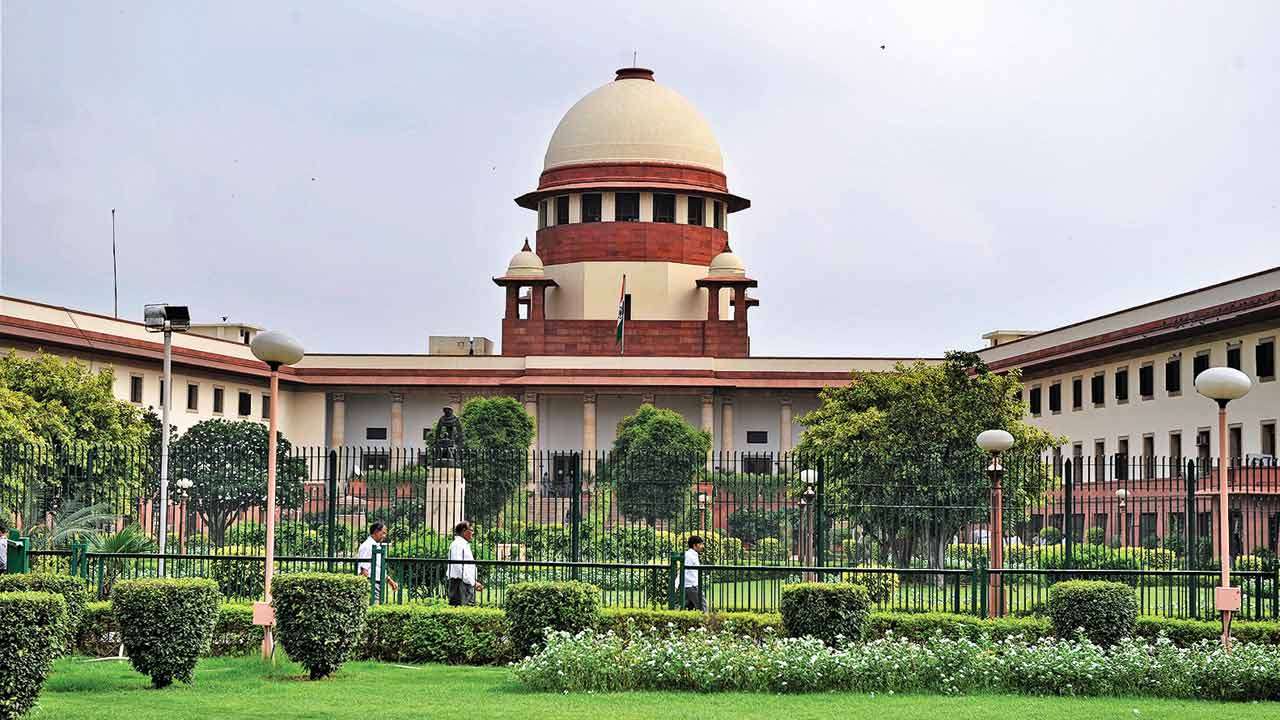

By Sunil Garodia
First publised on 2022-11-08 05:55:45
Quotas for the economically weaker sections (EWS) among the general classes, when introduced by the NDA government, had drawn sharply divided political and social reactions. It now seems that even the judges are equally divided over the issue. In a 3-2 split verdict, the Supreme Court upheld the constitutional validity of the EWS quota and the majority of the bench also ruled that since EWS quotas were a new category, they could be introduced over and above the 50% ceiling imposed on quotas.
While all judges agreed EWS quota was justified due to the constitutional amendment and three judges on the bench said that providing quotas for EWS in the general category was not unconstitutional, the other two judges said that omitting the EWS in the other categories like SC, ST & OBC from the ambit of the present quota was discriminatory and hence unconstitutional. After this verdict, the scope of reservation has been widened from just social and educational backwardness to include economic backwardness.
Two judges on the bench, Justices Bela M Trivedi and J B Pardiwala, however, drew attention to the fact that despite the framers of the Constitution not wanting to continue affirmative action beyond 10 years, the quota system has not been removed even after 75 years of Independence. They wanted the government to set a time limit to do away with reservation and usher in a casteless and classless society.
Although the judgment has upheld the constitutional validity of the EWS quota, it has opened a can of worms by saying that the ceiling fixed in the Indra Sawney judgment is not inviolable if affirmative action is needed for new categories. Given the fact that politicians in India are always on the lookout for newer vote banks, this might lead to reservation demands for newer groups and sub-groups among existing groups who will now ask to be identified as new category.
The BJP hailed the judgment as a victory for Prime Minister Modi's social justice mission and chided the regional parties that opposed the amendment. The Congress, while welcoming the judgment, said that this was the culmination of the process started by Dr Manmohan Singh when he was the prime minister. On the other hand, the DKM said the judgment was a huge setback to the century-long struggle for social justice.











